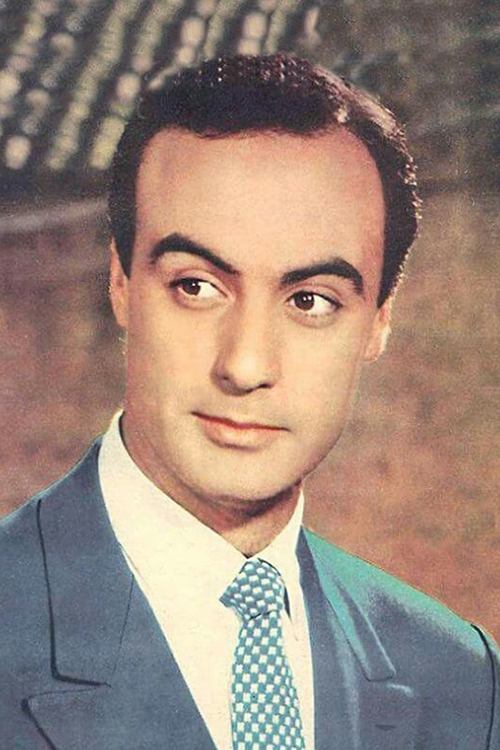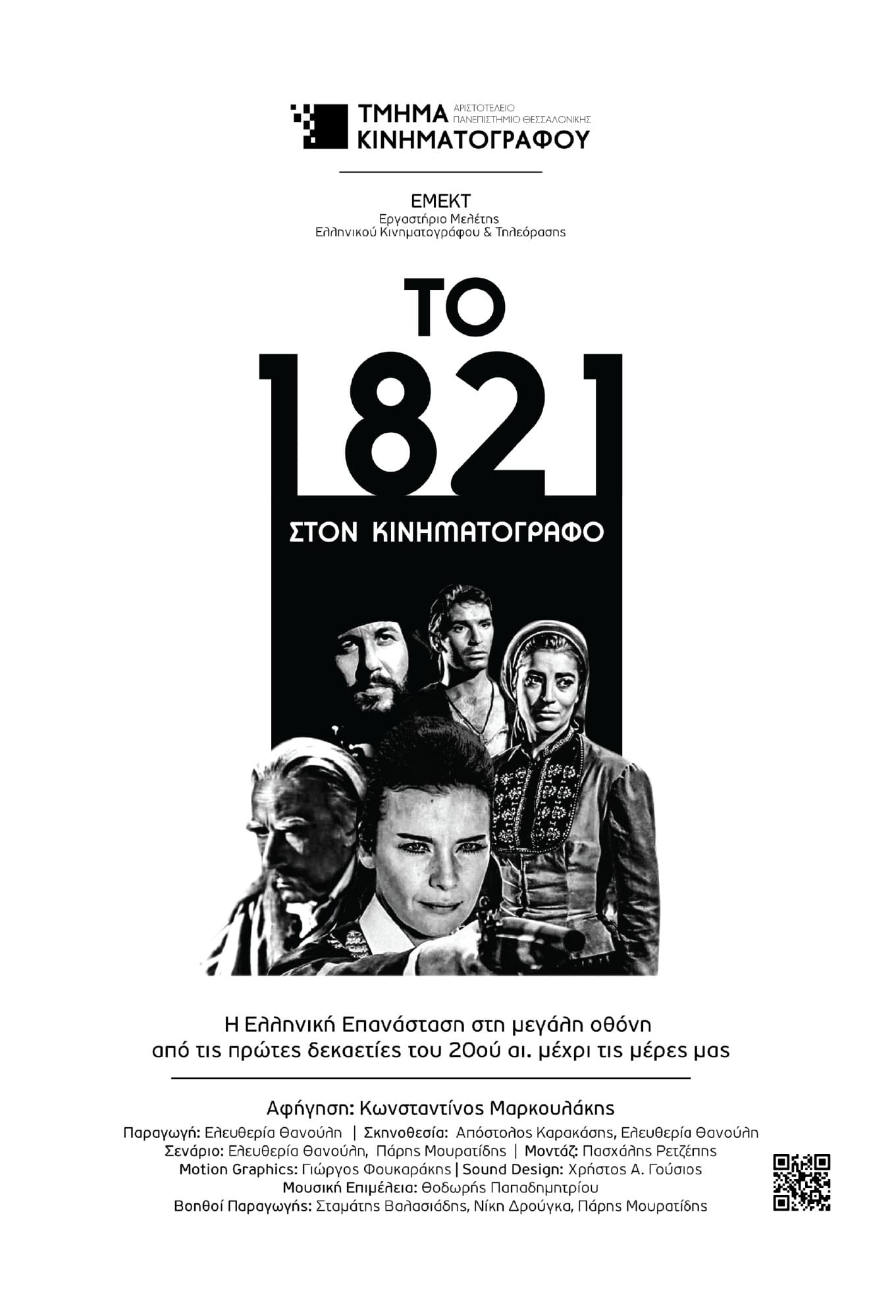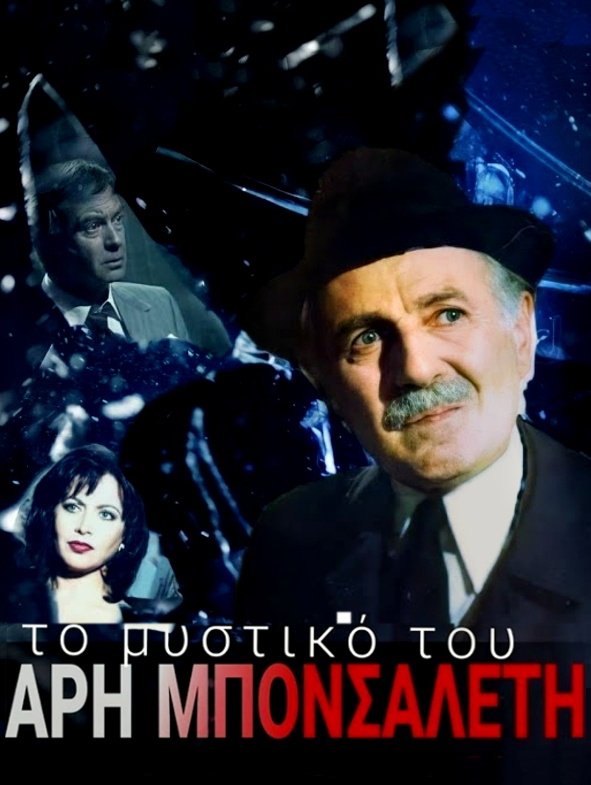

In 1821, in Cinema, he records the cinematic representations of the Revolution from the first decades of the 20th century. until the present day. Despite the fact that the Revolution of 1821 constitutes the founding act of the modern Greek state, as a subject matter it is underrepresented in national film production. This is one of the points on which the research looks, which simultaneously examines the periods of concentration of films on the subject of the Revolution or, respectively, the periods of its collective silence. The purpose of the documentary is to study the ideological discourse and the cinematic language of the films with the theme of 1821, in order to highlight the function of the cinema as a carrier of Public History and as a factor in shaping the collective historical consciousness.


Spying a lissome young woman standing topless on a nearby balcony, Giorgos (Andreas Barcoulis) climbs up onto a nearby rooftop to get a better look. At a critical moment in his climb, his family and friends call out to him and he falls, suffering a terrible blow to the head. Ineed, at the hospital, the family is told that he is brain dead, and that if they like, his heart can be given to someone else as a transplant. Giorgos' grieving wife (Betty Livanou) agrees to this arrangement. The film now follows the recipient of the dead man's heart (Giorgos Constas), as he wanders all over Greece, driven by his newly lusty heart into the arms of many beautiful women. Eventually he is led to the one woman his new heart truly loved, Giorgios' wife.
Andreas Barkoulis was a Greek film actor.
By browsing this website, you accept our cookies policy.